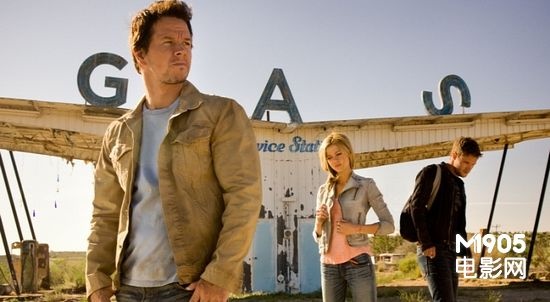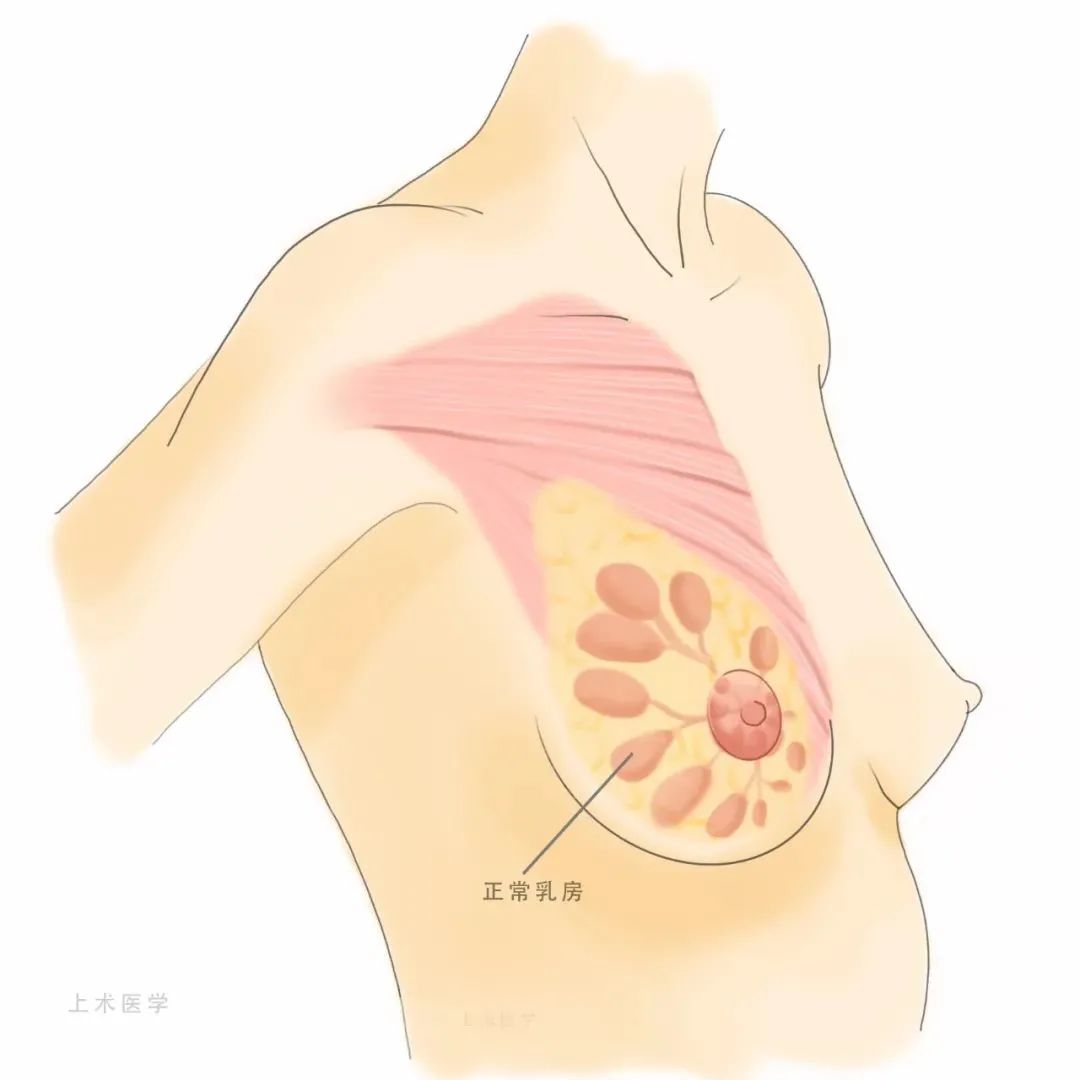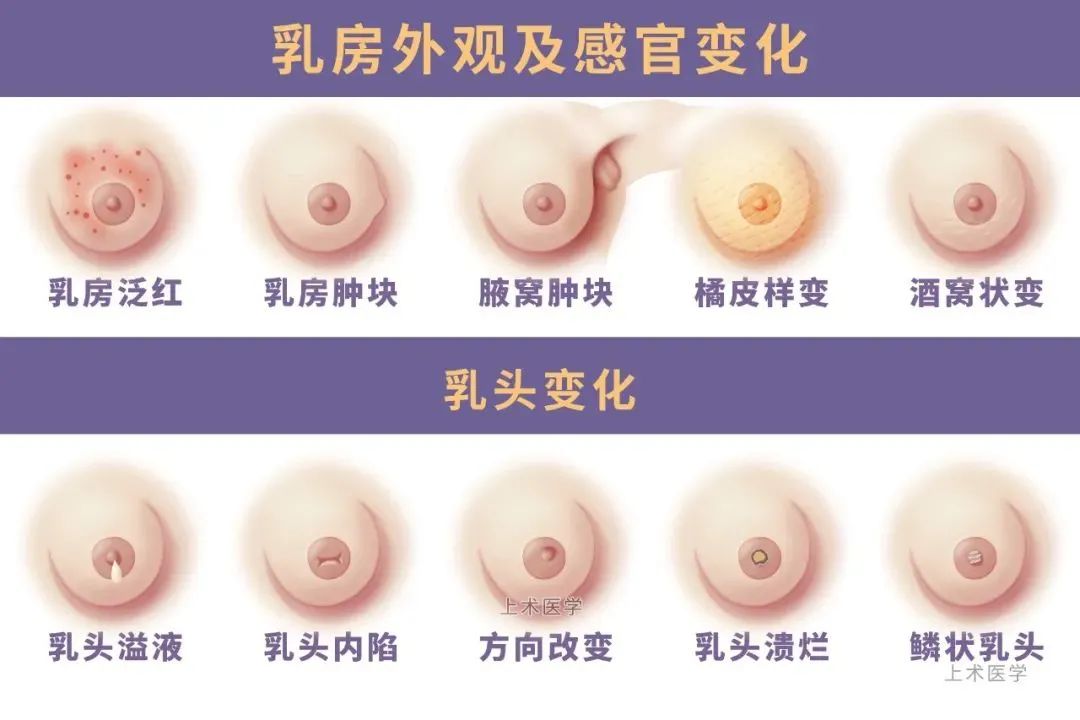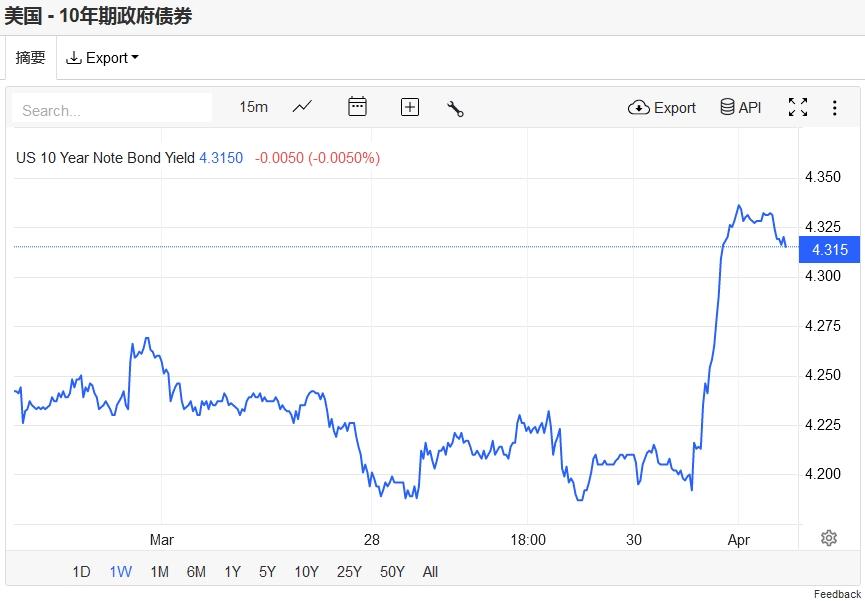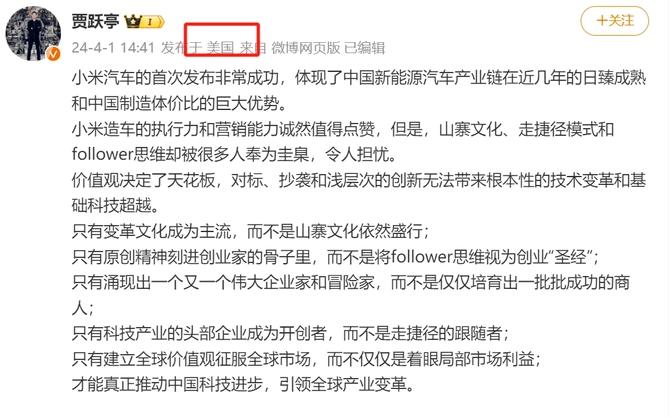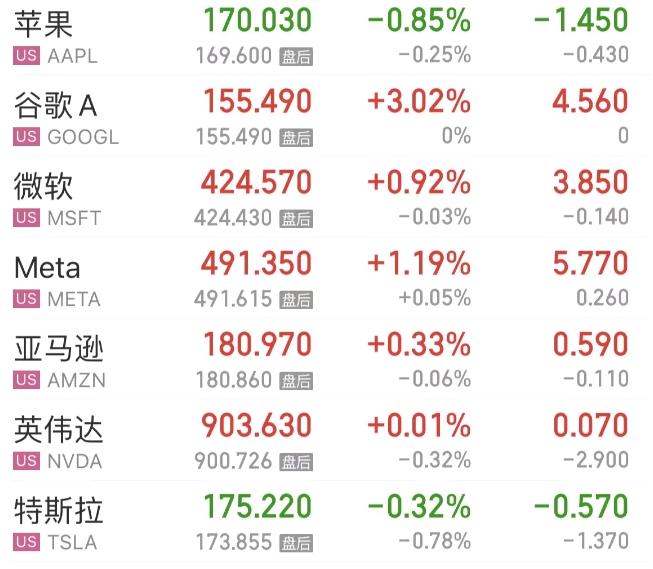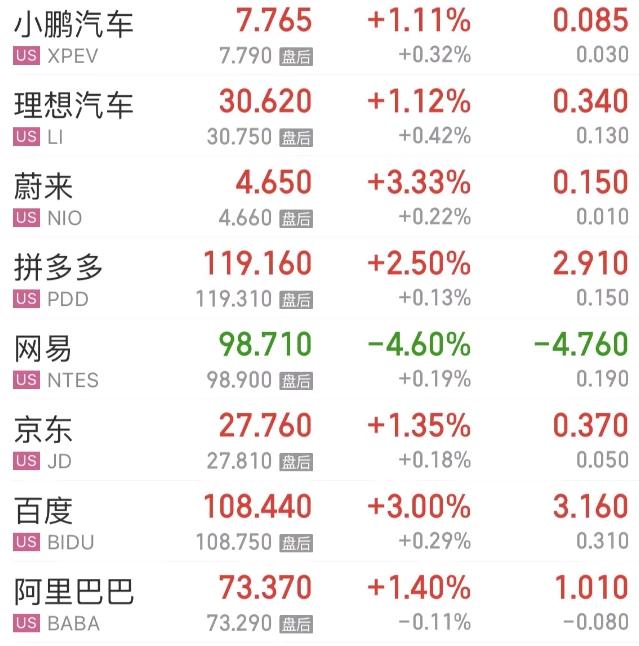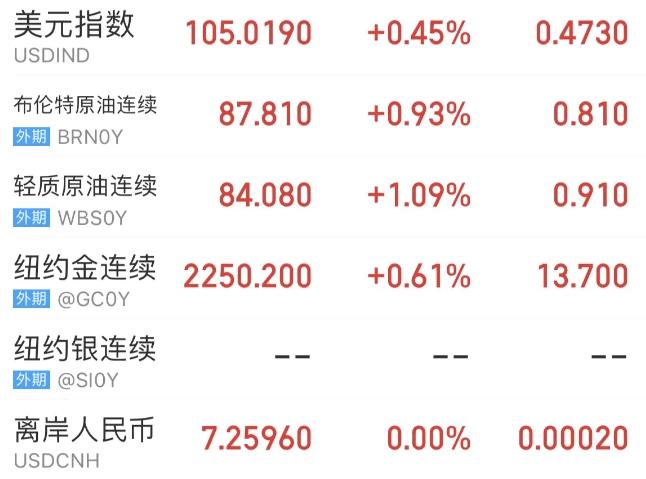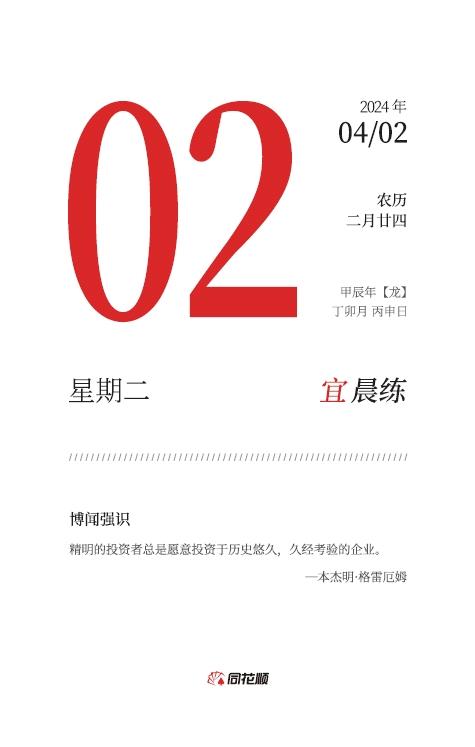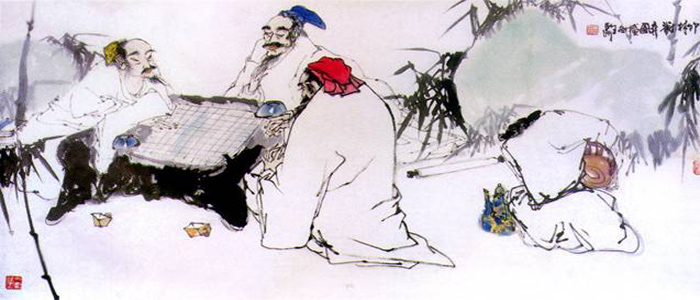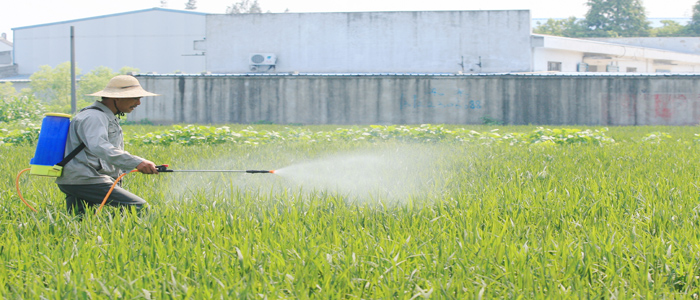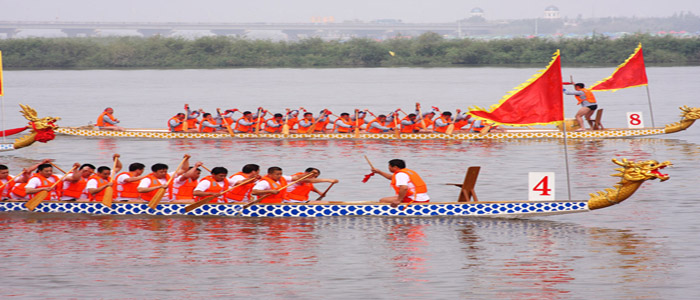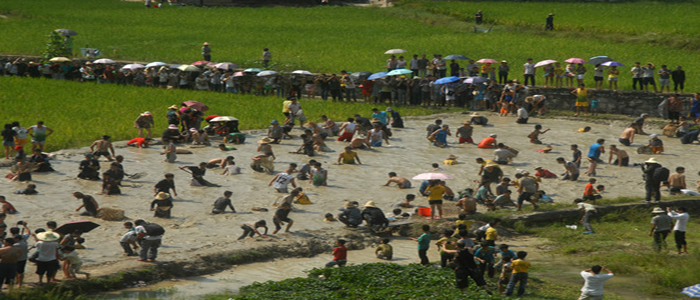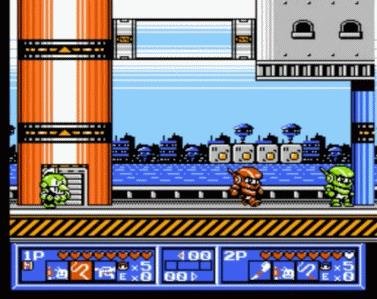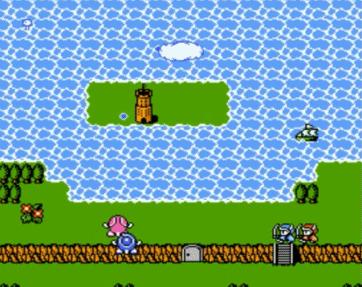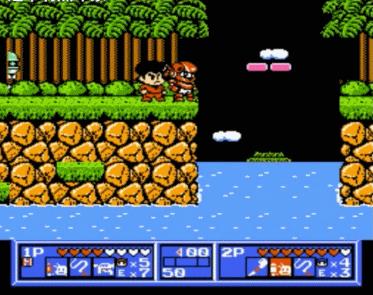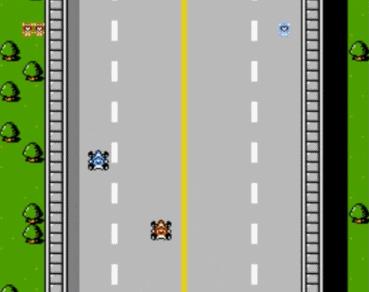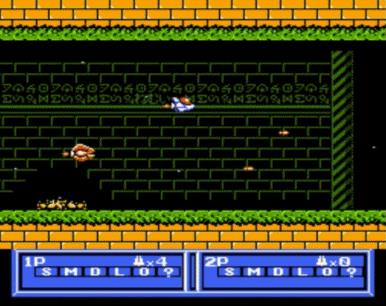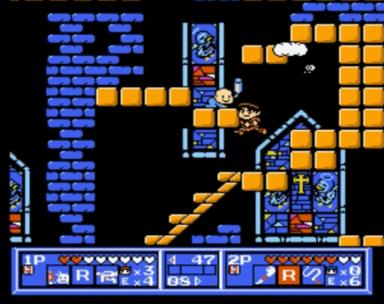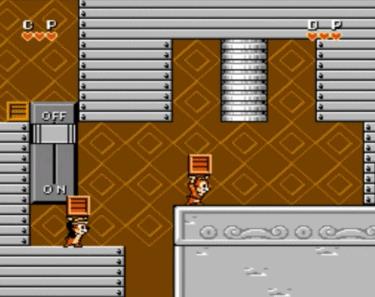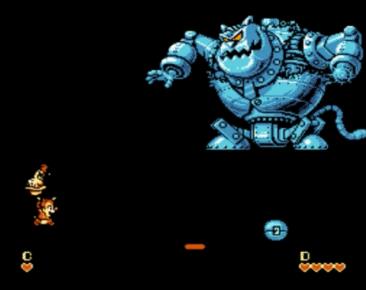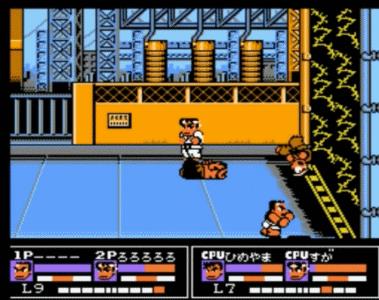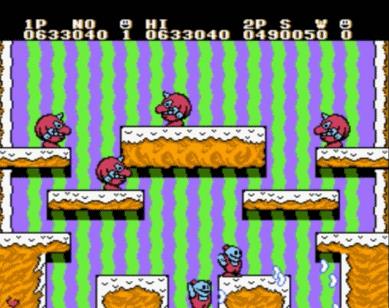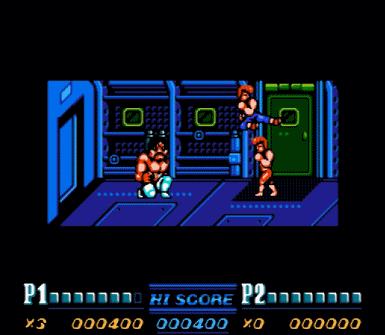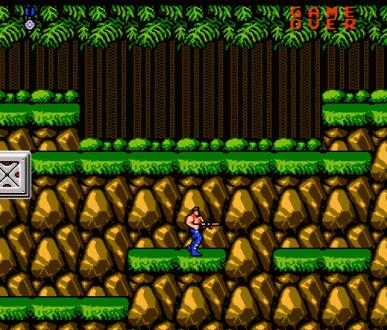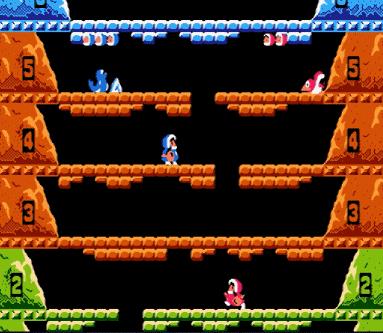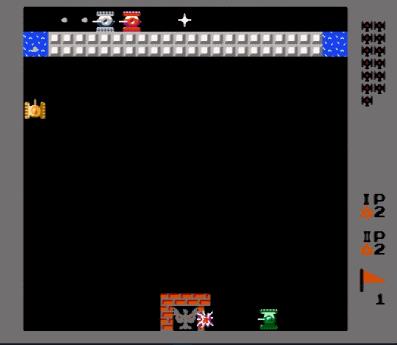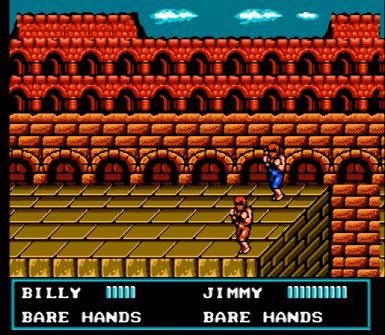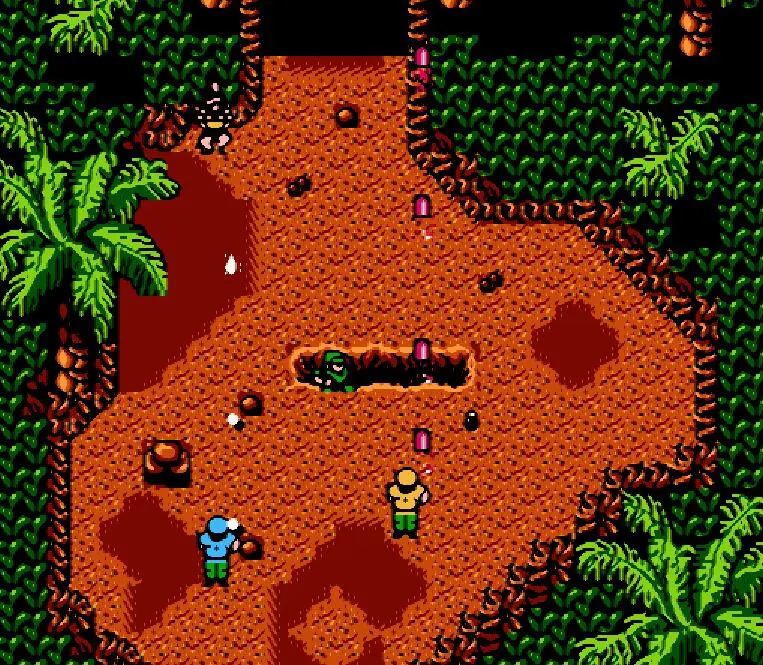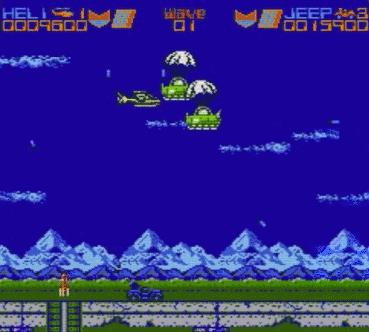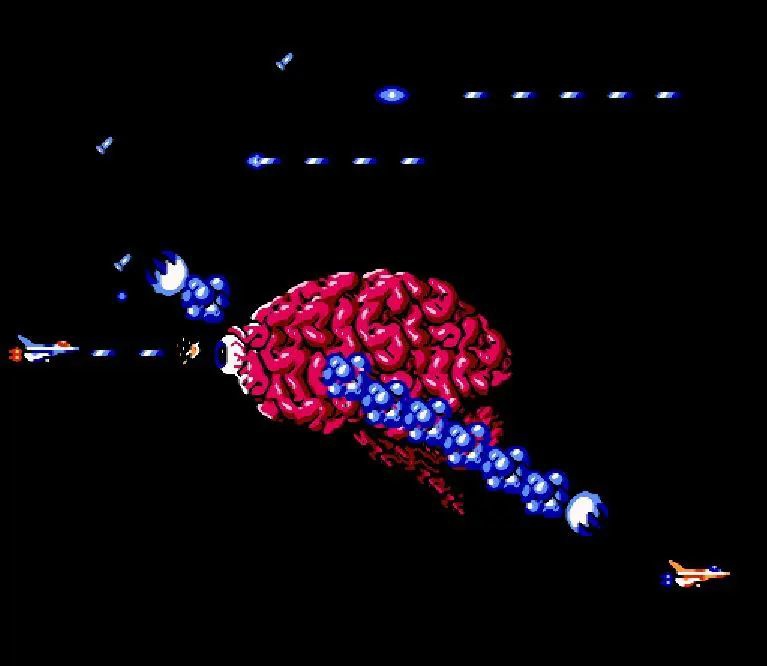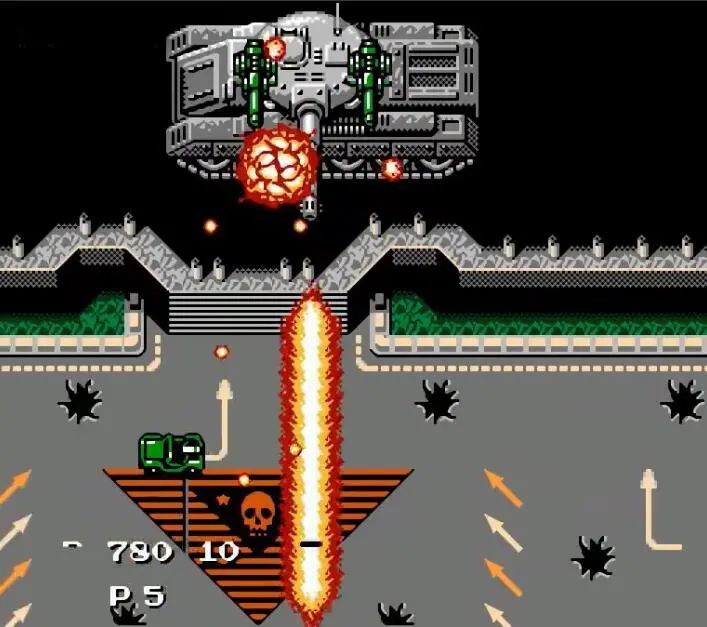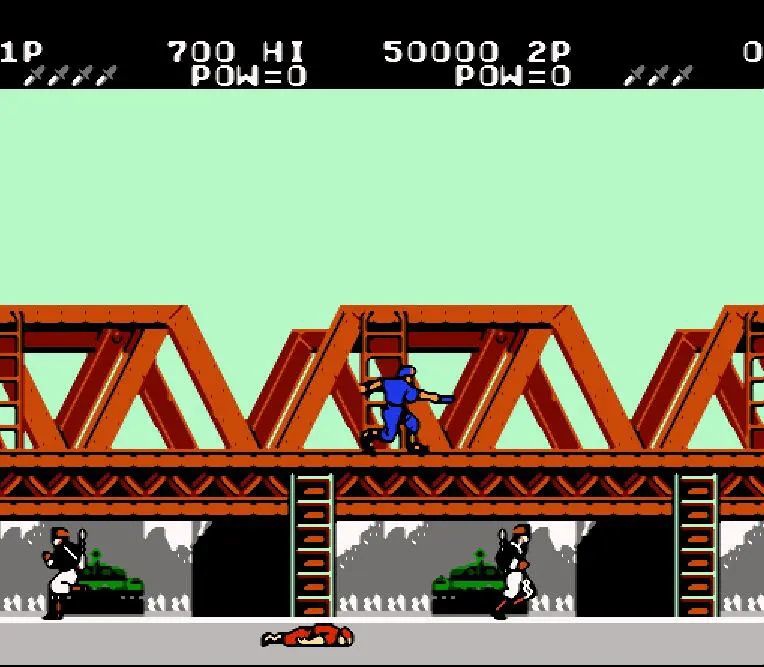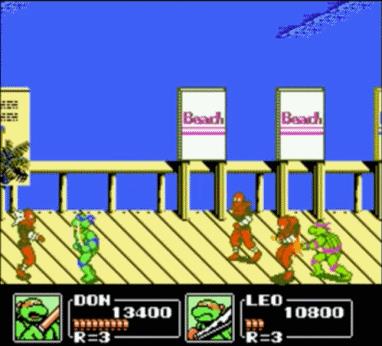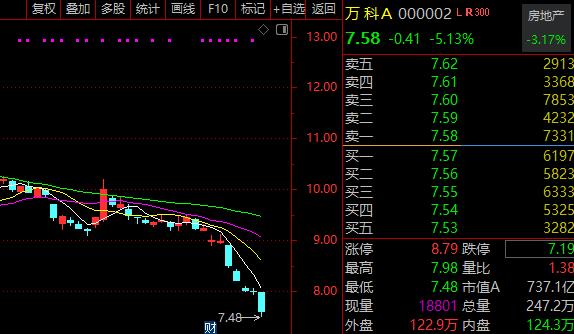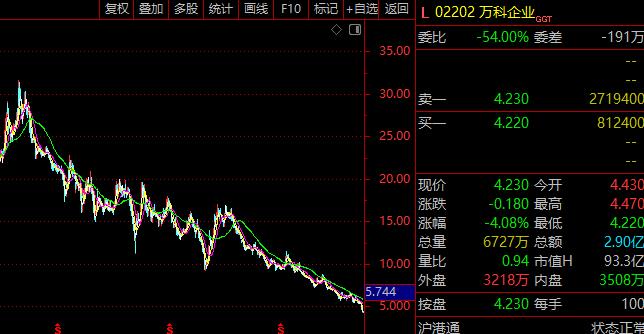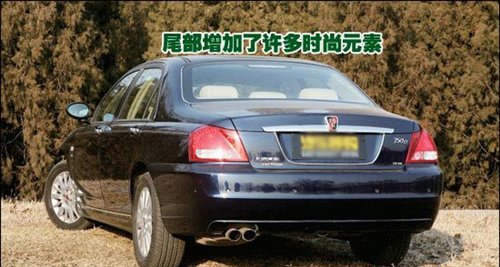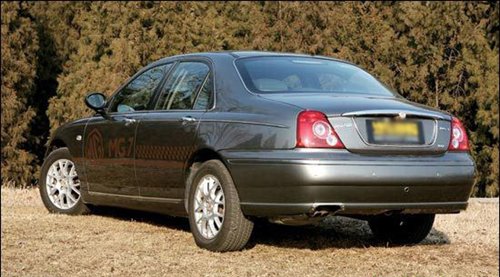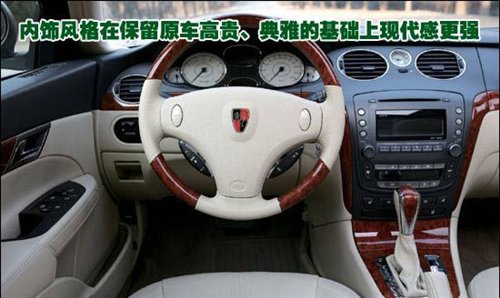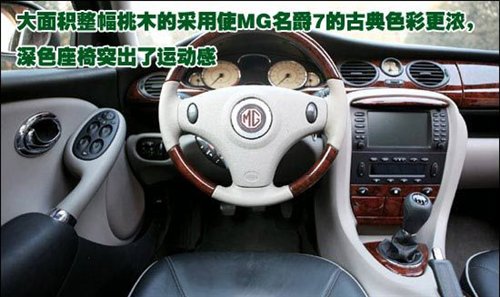The Central Environmental Protection Inspector "looked back" just over half of the work, and 10 provinces in Hebei, Henan, Inner Mongolia, Ningxia, Heilongjiang, Jiangsu, Jiangxi, Guangdong, Guangxi and Yunnan all had records of being severely approved by the inspector group.
The Paper noted that most provinces had been given nearly two years of rectification before "looking back". However, the notification records of the inspector group show that there are many problems such as "superficial rectification", "pretend rectification" and "perfunctory rectification". These problems reveal that the party and government leaders in these places still have a fluky mentality about environmental protection work and hope to muddle through.
According to the arrangement of "looking back" work, at present, each inspector group has carried out inspection work in the sinking city, and will check the rectification of the first round of inspectors’ feedback and the completion of the work of "establishing a bank and reforming" for the people’s calls and letters.
Problems such as "false rectification" are bound to escape the "golden eyes" of inspectors.
"Some local party and government leaders did not really pay attention to it, perfunctory rectification, and did not take the initiative to draw inferences; On the other hand, we carried out the second, third and fourth batches of inspectors immediately after the first batch of inspectors (in the first round), and did not pay close attention to their problem rectification, so this time ‘ Looking back ’ The problems are exposed. " An inspector told The Paper.
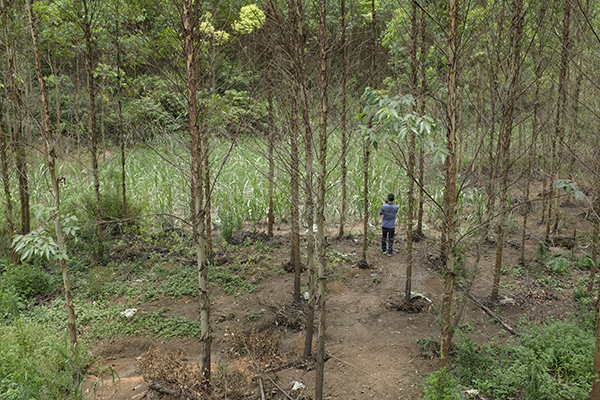
On June 13th, inspectors drove back and forth for 7 hours and went to the scene to verify the cases reported by the masses and investigate and collect evidence. The pictures in this article are all pictures of The Paper reporter Diao Fanchao.Ningxia was notified on the day it entered the country.
On June 12, the Fourth Environmental Protection Inspector Group of the Central Committee found in Rugao City, Nantong, Jiangsu Province that the feedback from the first round of inspectors was perfunctory and rectified locally. Hujiang Waste Oil Purification Plant and Fulin Fuel Oil Business Department, which are located on the banks of the Yangtze River, accumulate a large amount of hazardous wastes, some of which are randomly scattered, stored in the open air or even buried underground, and the surface water, soil and groundwater are seriously polluted, which brings hidden dangers to the water environment safety of the Yangtze River.
On the same day, the Third Environmental Protection Inspector Group of the Central Committee, which carried out the inspector’s "looking back" work in Heilongjiang, found that Qiqihar reported that there were also problems of perfunctory rectification and coping with rectification. After "rectification", more than 100,000 tons of sludge was still stored in Nenjiang flood discharge area.
Since the Central Environmental Protection Inspector "Looking Back" started, due to the outstanding problems of "superficial rectification", "pretending rectification" and "perfunctory rectification", many party and government leaders have been talked on the spot by the heads of the inspector group.
On June 1st, the Second Environmental Protection Inspector Group of the Central Committee was stationed in Ningxia to carry out the work of "looking back". Less than one hour after the mobilization meeting, the inspector group received five report calls, four of which reflected the foul smell of Terry Pharmaceutical.
"The odor problem of Terry Pharmaceutical has not been rectified yet, and the odor is released seriously at least once a day." On the same day, the inspector group came to Tairui Pharmaceutical Factory in Yongning County and found that the report was true. In addition, the inspector group found that Tairui Pharmaceutical still had some problems such as inconsistent operation records of environmental protection treatment facilities, sulfur dioxide in its own power plant exceeding the standard instantly, nitrogen oxides exceeding the standard and abnormal dust monitoring.
The problem of Terry Pharmaceutical is one of the key concerns of the Inspector Group in 2016. Looking back at Ningxia this time, the inspector group believes that Terry Pharmaceutical is not only extensive in environmental management, but also suspected of superficial rectification.
Coincidentally, on June 14th, the Ministry of Environment issued another notice saying that the inspector group went straight to the scene without saying hello, and inspected Taisha Industrial Park in Pingluo County, Shizuishan City, Ningxia, and found that the environmental problems of enterprises such as Ningxia Luyuanheng Activated Carbon Co., Ltd. in the park were outstanding, and the perfunctory rectification situation was obvious.
Be ruthless, report quickly, use harsh and accurate words — — Compared with the centralized feedback during the first round of inspections, this "looking back" aimed at the problems found in the inspection process, the Ministry of Environment issued a notice every day, which was frequently exposed and showed no mercy.
On June 6th, the Second Environmental Protection Inspector Group of the Central Committee met with Yang Yujing, Mayor of Yinchuan City, and Xu Qing, Vice Mayor of Yinchuan City, about the previous mass reports on Ningxia Yinchuan Tairui Pharmaceutical and other enterprises.
The inspector group stressed that according to the provisions of party discipline and political discipline, the accountability should be pursued and handled. Avoid "treating the head with a headache, treating the foot with a pain", and make up your mind to completely solve the problem, without taking any chances, waiting and waiting, and without leaving any dead ends.
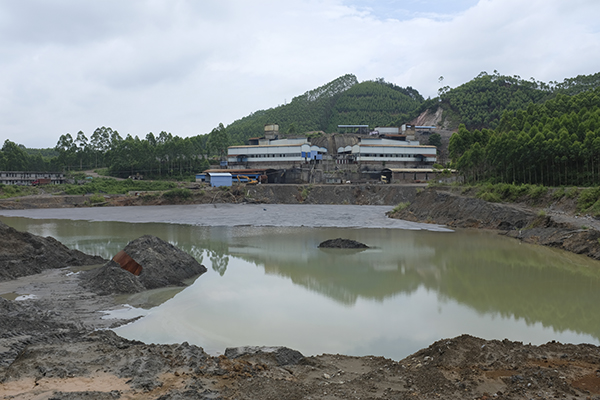
On June 13th, wuxuan county Tianhua Mining Co., Ltd., Laibin, Guangxi, visited Sha ‘an Jinguangling Concentrator and Slag Depot in Sanli Town.Party and government leaders in many places in Guangxi were met on the spot.
Fangchenggang, Qinzhou and Beihai in southern Guangxi are located in the core of Beibu Gulf Economic Zone.
Here sits the largest bay in southern China, where the Chinese white dolphin population lives, and the natural mangroves form a unique wetland landscape.
In November 2016, when the first round of inspectors gave feedback, the Central Environmental Protection Inspector Group pointed out that environmental protection in Guangxi made concessions for development and construction from time to time, and urban construction planning invaded mangroves. In the development and construction of Beibu Gulf, the requirements of strategic environmental assessment were not fully considered. Beihai, Qinzhou and Fangchenggang all introduced a large number of industries such as steel and ferroalloy, and failed to implement the requirements of such industrial layout planning. The excellent ecological environment of Beibu Gulf has been threatened.
Guangxi was the first province to be settled by the first round of central environmental protection inspectors. According to the time of inspectors’ feedback, Guangxi has nearly two years of rectification time.
On June 9th, the inspector group drove from Nanning to Fangchenggang first, and the waste garbage collection points along Shatan River attracted the attention of the inspectors. When they walked in, several barrels of waste engine oil belonging to hazardous waste were randomly piled up on the roadside, and pig breeding was hidden by the river.
In the coastal area of Fangchenggang, large-scale aquaculture ponds are endless, and the tail water of shrimp ponds flows into the offshore.
"Guangxi has set a discharge standard for seafood aquaculture wastewater. Has the standard been implemented? With such good water quality in Beibu Gulf, large-scale farming should be controlled, otherwise it will affect the water quality in offshore waters. " The person in charge of the inspector group said.
On June 10th, The Paper reported that the Fifth Environmental Protection Inspector Group of the Central Committee was stationed in Guangxi to carry out the inspector’s "looking back" work. On the third day, it was found that Qinzhou, Guangxi was unable to eliminate backward production capacity, and more than 20 scattered and polluting enterprises were found along the sides of provincial highways 311 and 312. There were false rectifications to the first round of inspectors’ feedback, but they were able to pass the customs level by level.
On the same day, Zhai Qing, deputy head of the Fifth Central Environmental Protection Inspector Group and vice minister of the Ministry of Environment, met with Wang Gebing, secretary of the Qinzhou Municipal Party Committee, and Tan Pichuang, mayor.
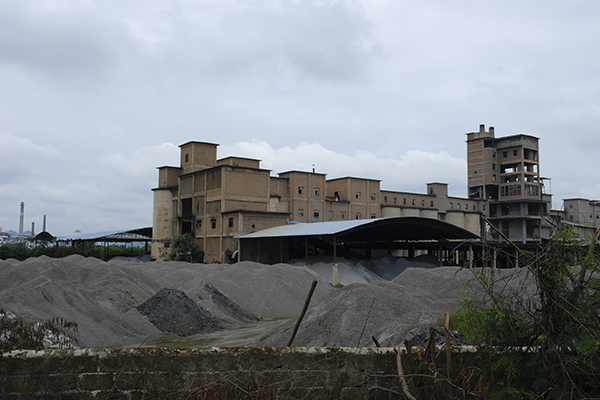
"This reveals that some local party and government leaders did not really pay attention to the feedback from inspectors, perfunctory rectification, and did not take the initiative to draw inferences. On the other hand, after the first batch of inspectors (in the first round), we immediately launched the second, third and fourth batches of inspectors, and did not pay close attention to their problem rectification, so this time ‘ Looking back ’ The problems are exposed. " An inspector told The Paper.
After the briefing, the local party and government leaders gave instructions one after another, and supervised the rectification on the spot. The action was rapid.
On June 15th, according to Guangxi Daily, the Qinzhou Municipal Party Committee and the Municipal Government attached great importance to the problems discovered by the inspectors of the Central Environmental Protection Inspector Group, supervised the rectification work on the spot, and concentrated their efforts on the "annihilation war" of "scattered and polluted" enterprises.
As of 18: 00 on June 13th, 24 "scattered pollution" smelting enterprises that should be dismantled have all been dismantled, and the rectification work of "scattered pollution" smelting enterprises pointed out by the Central Environmental Protection Inspector Group in Qinzhou on June 9th has been fully completed, and the ecological status of the factory area has been gradually restored.
Qinzhou also played the slogan of "with the determination of a strong man to break his wrist, fight hard to attack the city and pull out the village, and resolutely fight the tough battle of ecological environmental protection and pollution prevention."
However, as Zhai Qing said to the administrative leaders of Qinzhou City when he raided the scattered and polluting enterprises in Qinzhou: "If the supervision of government departments is not strict, not only the environment will be destroyed, but also investors will suffer losses."
The 24 "scattered pollution" enterprises demolished this time have long been entrenched on both sides of provincial roads 311 and 312 in Qinzhou City. According to the staff of Huangweitun Bridge Mineral Factory, the enterprises have been in production for nearly 16 years, and the surrounding enterprises have been established for many years. In recent years, under the background of attaching great importance to ecological environment protection at the national level, local governments not only failed to actively guide enterprises to eliminate, transform and upgrade, but also failed to put forward clear requirements for enterprises to meet environmental protection standards, resulting in disorganized business owners not realizing the damage these extensive production methods have brought to the local environment.
"I have invested in environmental protection, but I don’t know what standards to achieve." On the one hand, the statement of the person in charge of Hengfeng Smelter shows that the main responsibility of environmental protection of enterprises has not been implemented, on the other hand, it also reflects that the relevant authorities have not given enough education and guidance to business owners.
Corporate pollution, the government "pays the bill"
According to the design of "Environmental Protection Supervision Scheme (Trial)" and other documents, the targets of central environmental protection supervision are mainly provincial party committees and governments and their relevant departments; After the end of the inspection, major issues should be reported to the central government, and the inspection results should be handed over to the Central Organization Department. These results serve as an important basis for the assessment, evaluation, appointment and dismissal of the leading bodies and leading cadres of the inspected objects.
At the beginning of January, 2018, with the feedback from the Sixth Central Environmental Protection Inspector Group to the Party Committee and Government of Xizang Autonomous Region, the central environmental protection inspector system achieved full coverage in 31 provinces across the country.
The Paper learned from the Ministry of the Environment that the first round of inspectors accepted more than 135,000 complaints and reports from the masses, and accumulated 29,000 cases of punishment and a fine of about 1.43 billion yuan; 1,518 cases were investigated and 1,527 people were detained; Interviewed 18,448 party and government leading cadres. 18,199 people were held accountable, including 875 leading cadres at or above department level, 6,386 at department level and 10,938 others.
Why can’t such a high-standard environmental protection inspector stop the pace of impulsive development in some places regardless of environmental costs?
A departmental official told The Paper, "In some places, the baton of leading cadres’ assessment, appointment and dismissal has not been played well, and several cadres who sacrificed environmental protection for economic development during their tenure have been promoted."
"If it is the loss caused by the leadership decision-making, who will bear it? Looking at it now, it is often enterprise pollution, and the government ‘ Pay the bill ’ The cost of undertaking the later restoration work is huge, and the money paid by the government for corporate pollution is often the money of ordinary taxpayers. " The above official said. (The Paper reporter Yan Fanchao)


